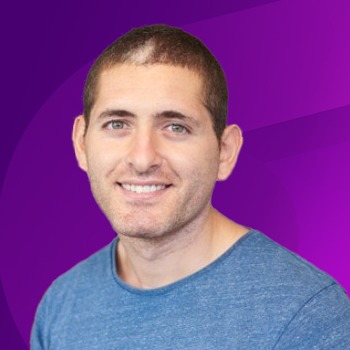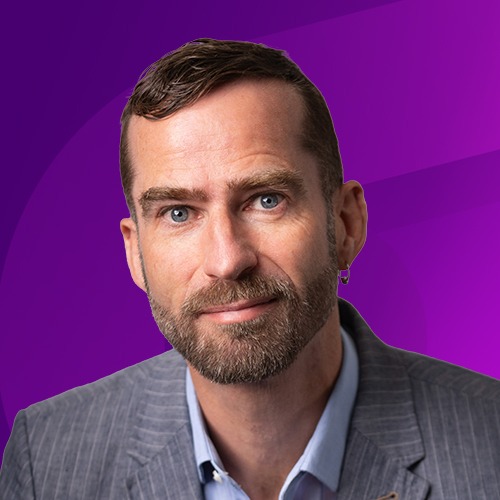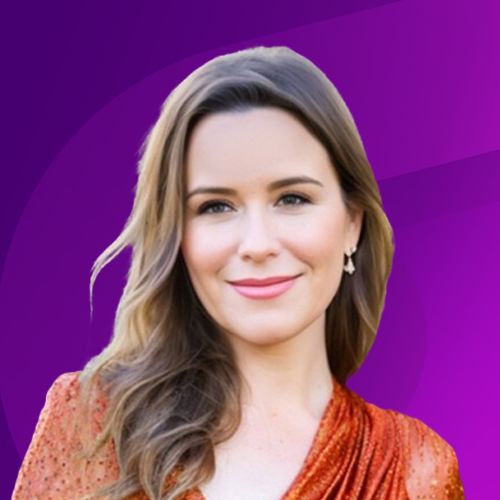
The trials of the last several years have thrown Risk and Resilience into the spotlight. Our Gamechangers in Resilience interview series is about telling the powerful stories of leaders who have learned how to help their companies and communities thrive amidst the unthinkable.
March is Women’s History Month and today is International Women’s Day. All month long, iluminr is celebrating the contributions of women who make our companies and communities stronger and more resilient.
Billie Overstreet is a renowned expert in the industry, with 20 years of experience managing client-facing and internal Resilience programs. A solution-focused, business-centric leader, she specializes in risk identification, business impact analyses, planning, exercises, 3rd party risk management, and audits. She is currently serving as Director, R&D Business Continuity and Risk Management at Organon.
Q: It’s quite beautiful how we all found our way to this community. No 2 stories are alike. How did you manage to discover Resilience?
A: I was working as an assistant to the CFO as I finished up my BS in Business. A position, “Business Continuity Coordinator” was posted internally and a co-worker said it sounded like something that was right up my alley. I remember leaving my interview knowing I was in no way going to get the job as most of my answers to the hiring manager’s questions were “no, I’ve never even heard of that”. He hired me out of 36 applicants. Twenty years later and I’m glad I never looked back!
Q: You have helped so many organizations navigate great change. What are some of the lessons learned from that experience?
A:
There is not and should never be a “one size fits all” mentality when it comes to resilience. While, yes, the concepts are the same, it is important to listen to the customer first.
Sure, they may not know exactly what they want just yet, but that’s why they are coming to us! Listen without a preconceived idea, run it through the expertise filter, and propose what makes the best sense for all involved. CEOs, CFOs or Analysts…they all are looking to me to help make them successful by their definition of success, not mine.

Q: How are you a different leader now than you were prior to the pandemic?
A: I have always met people where they are. I have always tried to recognize that people are people/family first, employee second. So I wouldn’t say I am much different at all as a leader (well, except the yoga pants and less makeup!)
Q: We are celebrating Women’s History Month. How has being a woman influenced your career experiences?
A: I feel like being a woman in this career was not quite as acceptable when I first started as it is now.
I had to forge my way through to convince organizations that I really did know what I was talking about.
For most of my career, I sat in the Technology organization full of mainly men who knew all of the right lingo. I called myself knowing just enough to be dangerous, but I didn’t have to be an IT SME. I needed to channel my charming personality and engage the gap in the middle between Business and Technology and proved that women in IT are pretty savvy as well.

Q: What advice would you give women who are earlier in their career journey?
A: Don’t downplay your strengths. Hone them!
Recognize your weaknesses. Learn from them. Admit your mistakes. Grow from them.
Straighten other women’s crowns!
Q: What advice would you give to teams who are looking to be more diverse and inclusive?
A: Don’t try to be more diverse and inclusive just because. Learn as much as you can about diversity and inclusivity from what your company offers for training or even on LinkedIn. Each team member needs to be actively working and learning so that when the right potential candidates come along, they will want to be a part of the team because it feels inclusive and not forced diversity.
Q: What is the leadership playbook you are writing for yourself in real-time?
“Meeting people where they are.” It is amazing how one can inspire people to be more innovative and creative when we all remember people are people first.
Q: What is the hardest part about leadership in crisis?
A: Remembering that everyone is stressed! People may say things, including me, that we don’t necessarily mean or someone’s tone may be uglier than normal. Sometimes, people naturally are afraid of losing their jobs if something doesn’t go right. I try to be the calm in the room wherever I can.
Q: How do you apply the lessons of Resilience in your everyday life?
A: I am always thinking 2-3 steps ahead and playing out the potential scenarios jussssst in case. This drives my kiddos bonkers most of the time. Sometimes it is the simplicity of always having a few water bottles in car doors in case you get stranded or choke on something while driving, and sometimes it is me knowing we are headed to a more remote area so let’s all charge our phones before we leave just in case something doesn’t work out there.














